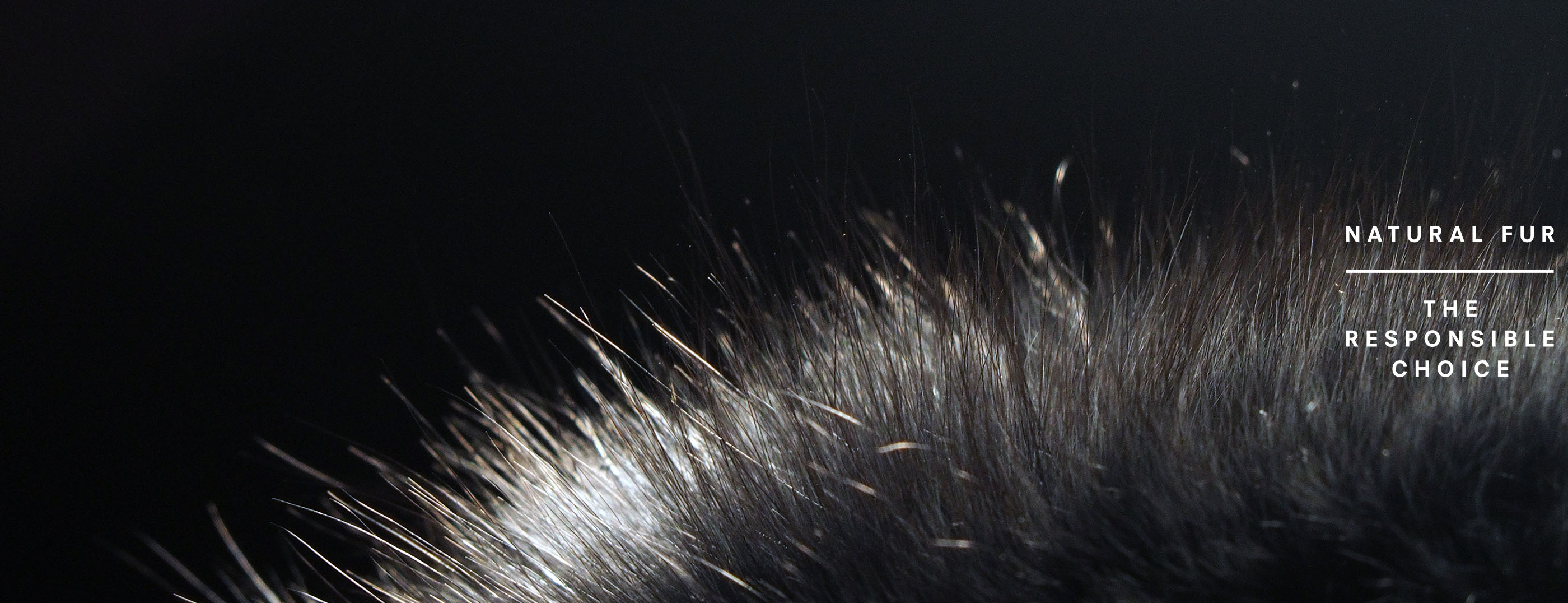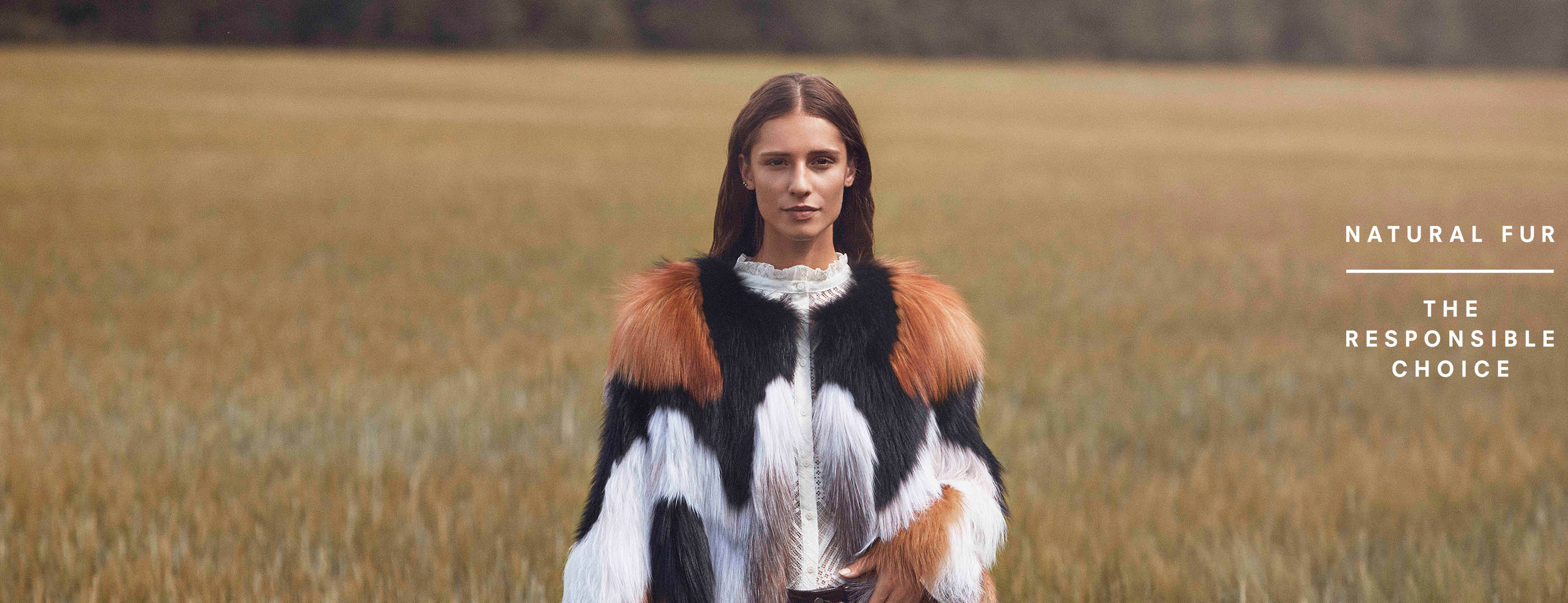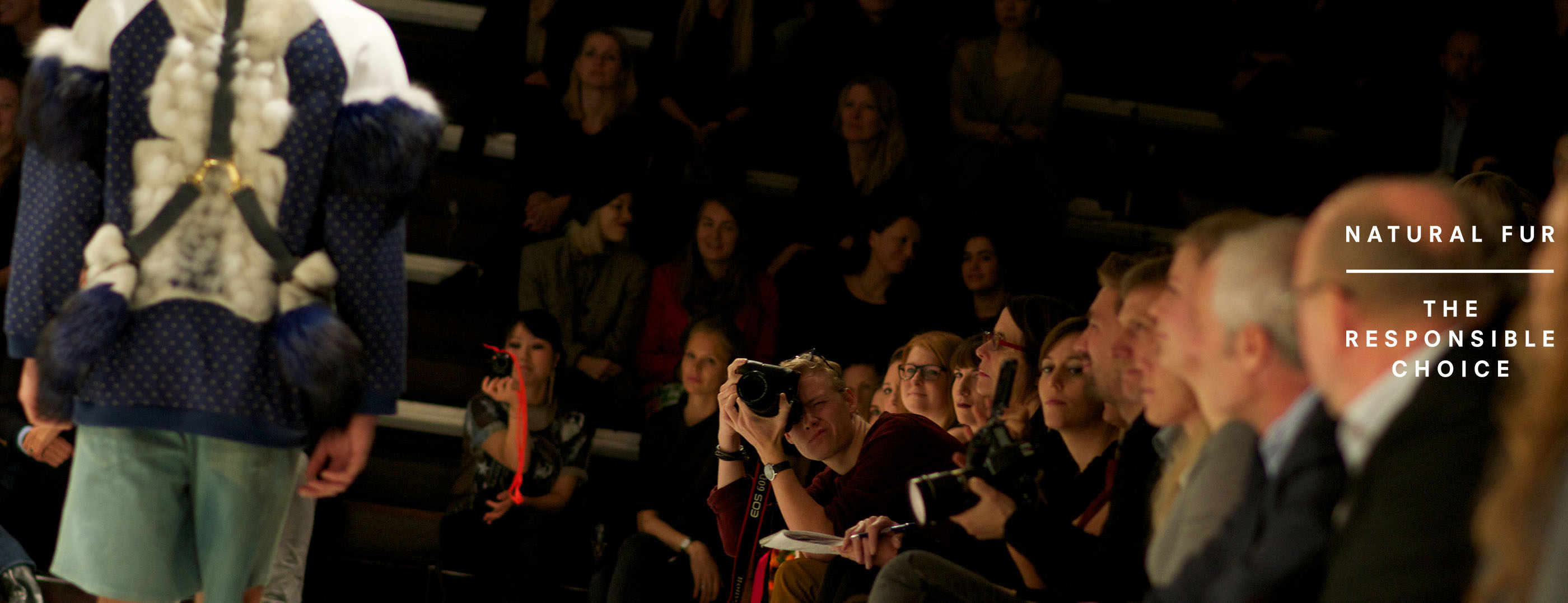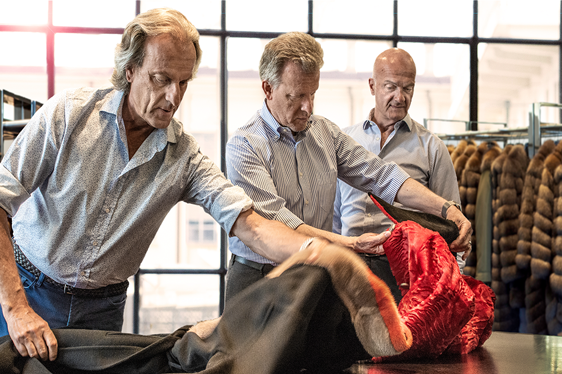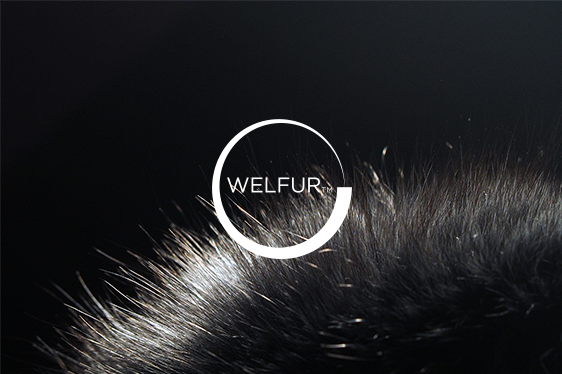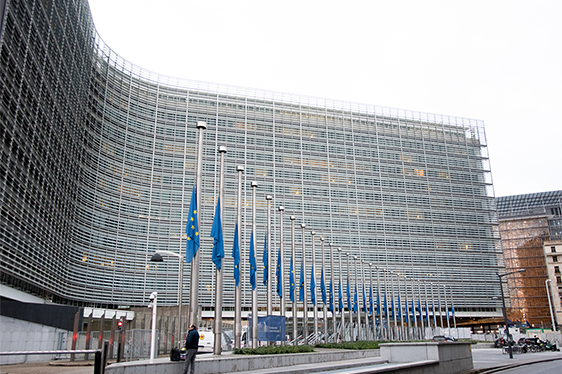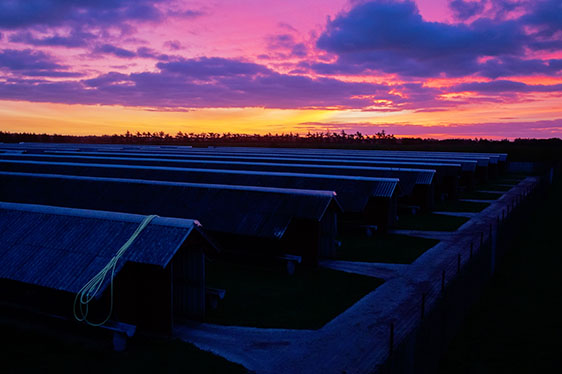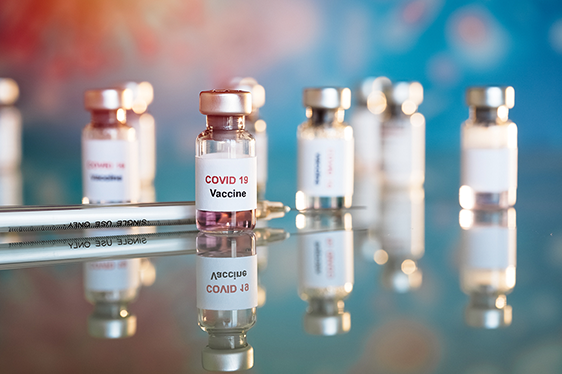Sustainable Fur Forum

Dec 04 2020 - A single EU animal welfare law needs to be based on science and define a uniform methodology when it comes to animal welfare. This was one of the conclusions of the second webinar of the Sustainable Fur Forum. The event hosted MEPs, scientists, industry experts and officials from the European Commission for a discussion on the new opportunities to improve animal welfare law in the light of the EU REFIT process.
The event started with MEPs expressing support for farmers following the cull of mink in Denmark.
"I am from Denmark, and I have seen how the mink production was closed within weeks. It has been very difficult to watch. It was very sad to see proud families close," said MEP Asger Christensen (Renew Europe Group, Denmark) in his keynote speech.
"We simply need more research and good evidence before taking such more dramatic action," commented MEP Christensen on the decision of the Danish government to cull healthy animals.
He highlighted the importance of having a harmonised approach to animal welfare for the European Parliament, giving as an example the creation of the special committee on the welfare of animals during transport, and the future Implementation report on on-farm animal welfare.
"The cornerstone of the Farm to Fork Strategy is indeed animal welfare," said Mr Christian Juliusson from DG SANTE. He explained that the European Commission has until the end of 2023, to revise the animal welfare law to ensure the highest level of animal welfare.
"The commitment is quite specific. That’s indeed the need for a science-based approach, for new science to align the legislation of the future with the latest knowledge," said Mr Juliusson.
According to Prof. Steen Henrik Møller, representative of the European Reference Centre on the welfare of poultry, rabbits and small animals, this could be achieved if the legislation envisages the use of animal-based indicators in assessments.
"The actual animal welfare legislation is exclusively based on resource-based measures when it should be using animal-based measures instead, which are more accurate. They allow to observe the animal directly to determine its wellbeing," added prof. Møller.
One animal welfare assessment system which already adopted this approach is WelFur, a science-based certification programme for fur farms.
"WelFur is the first programme to cover the whole European continent and now also beyond, with farms in North America. 98% of the fur farmers in Europe [2.926 farms] have accepted to be part of the Welfur process", explained Mette Lykke Nielsen, CEO at Fur Europe. The on-farm implementation, handled by an independent third-party, ensures its reliability.
"Animal welfare will always be our first priority. The farmers’ main interest is taking good care of the animals", she added.
She encouraged the Commission and Reference Centre to look at WelFur as an inspiration for a harmonised and comprehensive animal welfare assessment methodology.
Given the Welfur experience, Mette Lykke Nielsen advocated for a single EU animal welfare law, which would allow to clarify the obligations and duties of all actors involved, define a uniform methodology, and encourage the Member States to provide harmonised training. This would also make it possible to collect comparable data, share best practices and benchmark progress.
MEP Juozas Olekas (S&D, Lithuania), Chair of the SFF, concluded that the debate on animal welfare should always be based on scientific evidence, and involve a comprehensive dialogue between policymakers and the actors on the ground.
The next SFF event will be held during the first 2021 quarter.
